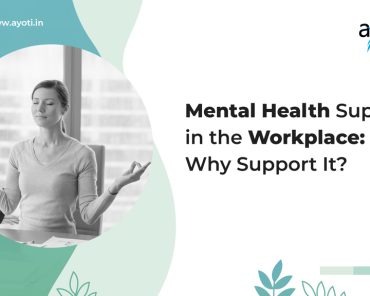By ayoti
What Do You Need To Know Before Returning To Your Career? Expectations Vs reality?

While returning to work after a career break can be difficult, there are many things you can do to ease the transition and explain it to the hiring manager. Remember, some interviewers understand your situation, but others are reluctant to hire you. Knowing how to prepare to return to work can help you feel more confident and more successful. Here it is explained how to deal with a hiring manager’s career break and provides some tips for getting back to work after a break.
It would help if you always had an honest answer for your break
Whether you describe your career gap in your cover letter or during an interview, give honest answers. What you say will depend on your specific reasons for taking a break. For example, when some employees leave their workforce to become security guards, others may have been fired, fired, or have taken time to focus on them.
Even if you don’t have to provide any personal information, be sure to state the reason for your vacation and how you’ve progressed personally or professionally. This shows the interviewer that you are still engaged or relevant even if there is no formal job in your industry.
When you are ready to return to work after a break, it is important to plan. Remember to take the time to focus on what you want from your future career and what you have learned during your career. Here is some advice to get back to work after a break:
Try to find out what you want out of your career for your future
Take some time to think about what to expect from your future career. Determine the type of work you do and find it satisfying. Also, consider whether you want to have a similar role to the one you had before your career or whether you want to try something different. It’s also important to think about why you want to return to work.
When considering your wishes for your future job, you should also consider your needs. For example, they may have the salary range you’re looking for or a specific list type you’d like to adhere to. List your needs and wants in terms of future employment to help you decide your future job.
Everything you learned during the break can be used as a weapon
Think about what you have done during your career:
- If you have acquired outstanding skills, have a part-time job, volunteer, or take courses,
- These details can be used to your advantage in future interviews.
- Employers want to hire active people.
- Evidence that you have progressed further during your career or vacation underscores your motivation and commitment to your career.
Stay updated on the latest trend in the industry
If you plan to return to the same industry, take the time to research the company, your industry, and the various job opportunities and limitations available. While this can help you find opportunities that appeal to you, it can also lead you to other industries with greater opportunities. You can also attend conferences to learn more about your industry and expand your network.
Expand your network once again and let everyone know about your presence
Call your former coworkers again to let them know you’re back at work. Not only can they help you find future job opportunities, but they can also tell you about prospects in the industry and give you tips on how to find a job or interview.
You can also contact your former clients, friends, and family members and tell them that you are looking for a new position or job opportunity. They may know of a vacancy or have the opportunity to connect you with others who can help you.
Build a strong resume
If you haven’t applied for a job in a while, take the time to update your resume and cover letter. Think about the format of your resume and the specific job you are interested in. Make sure you create a resume that matches the position you are applying for. For example, if you are applying for a business position, a black and white resume will suffice. When applying for an artistic position, you may want to highlight your creativity in both your resume and colour choices.
Conclusion
Whether you are out of work for a few months or more than a year, be confident in your skills when looking for work and talking to interviewers. Be sure to demonstrate your value in hiring managers and highlight what you as a company can do for them.



